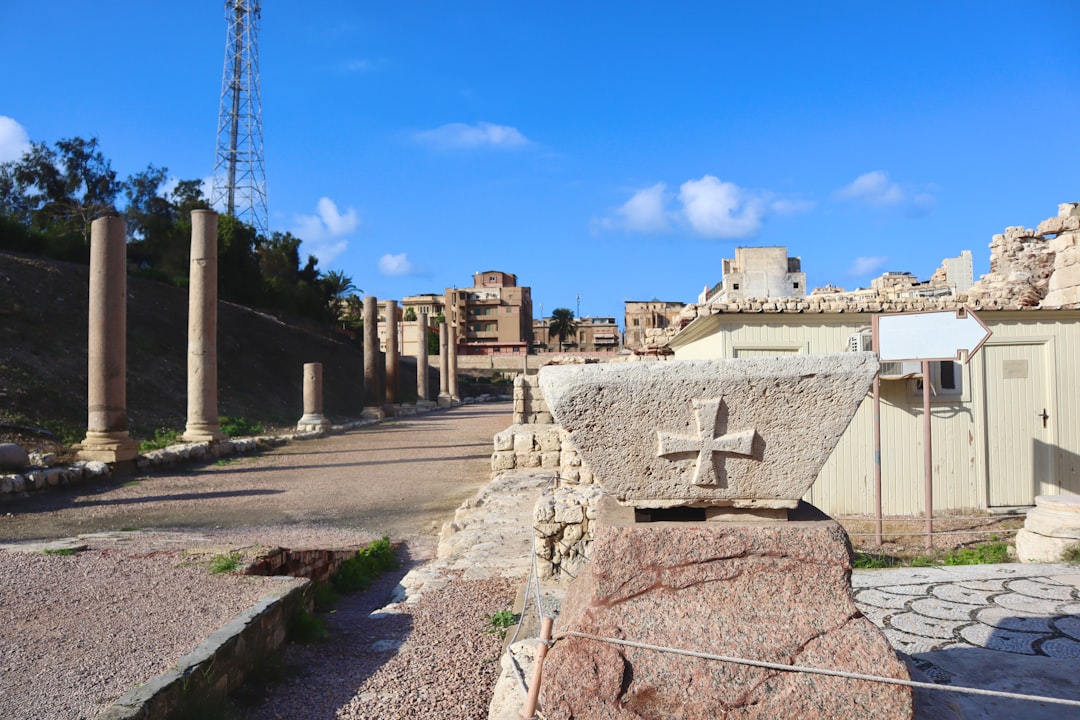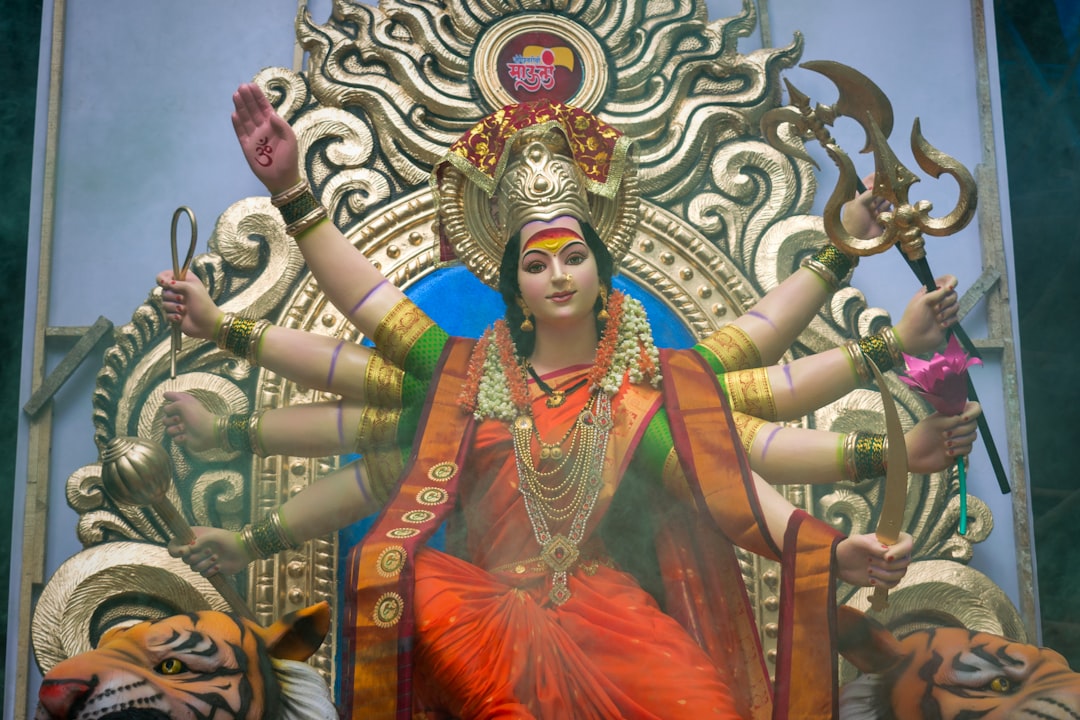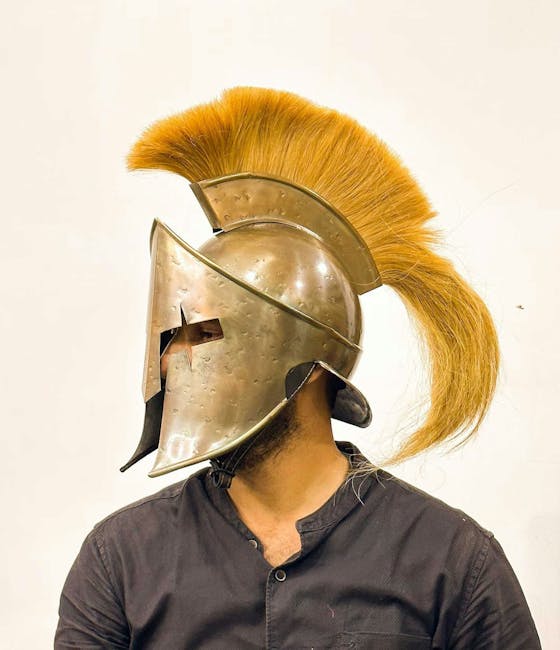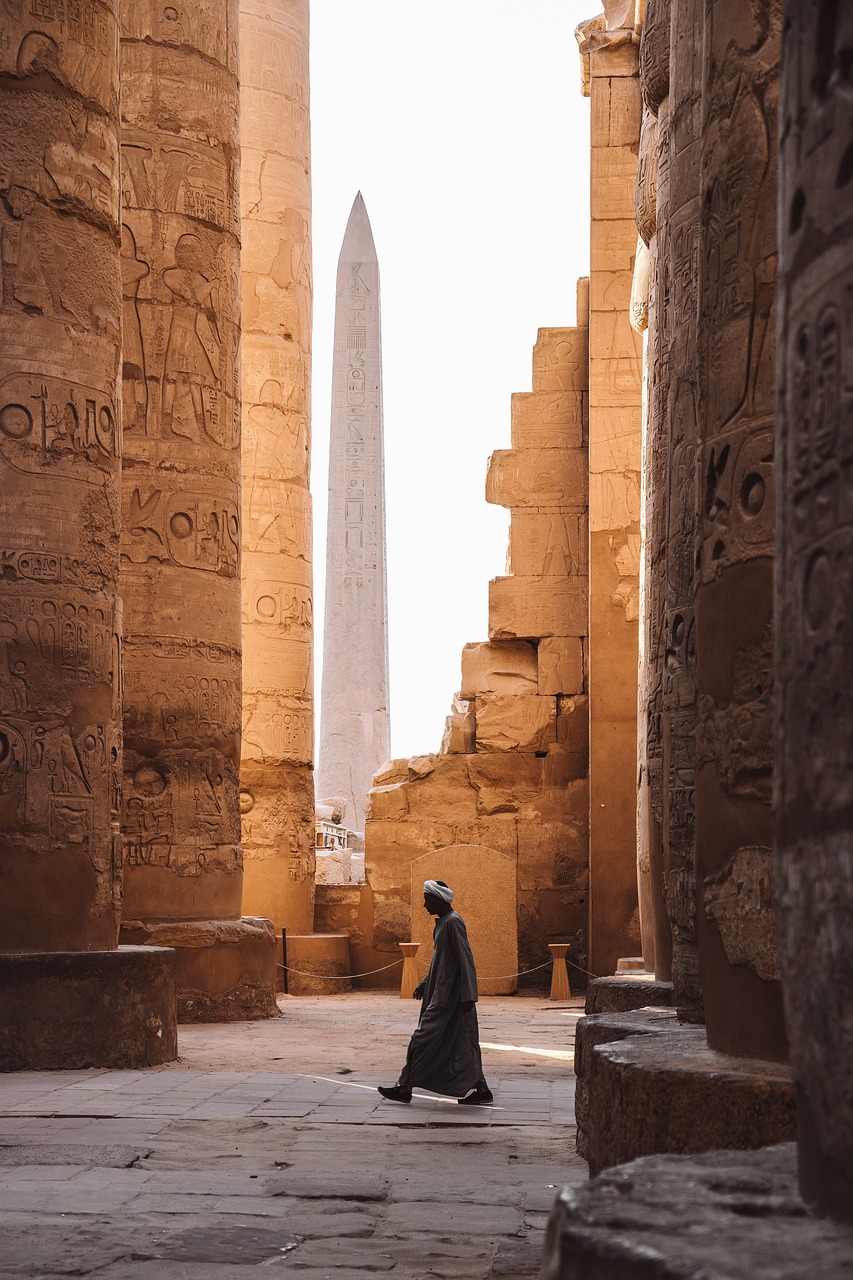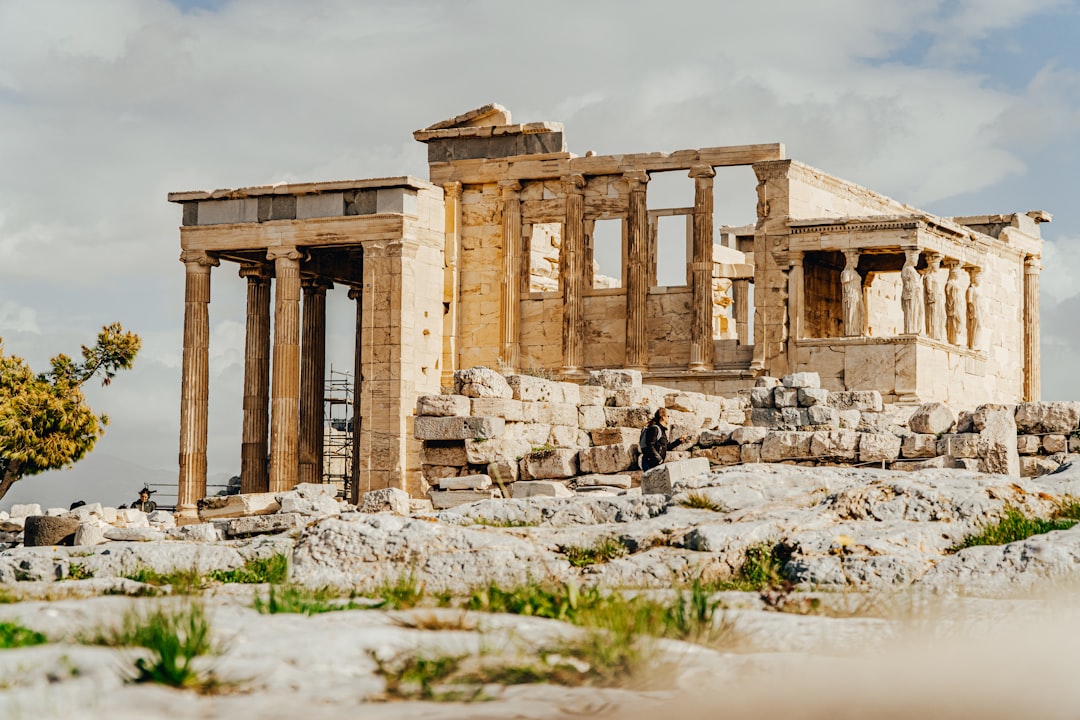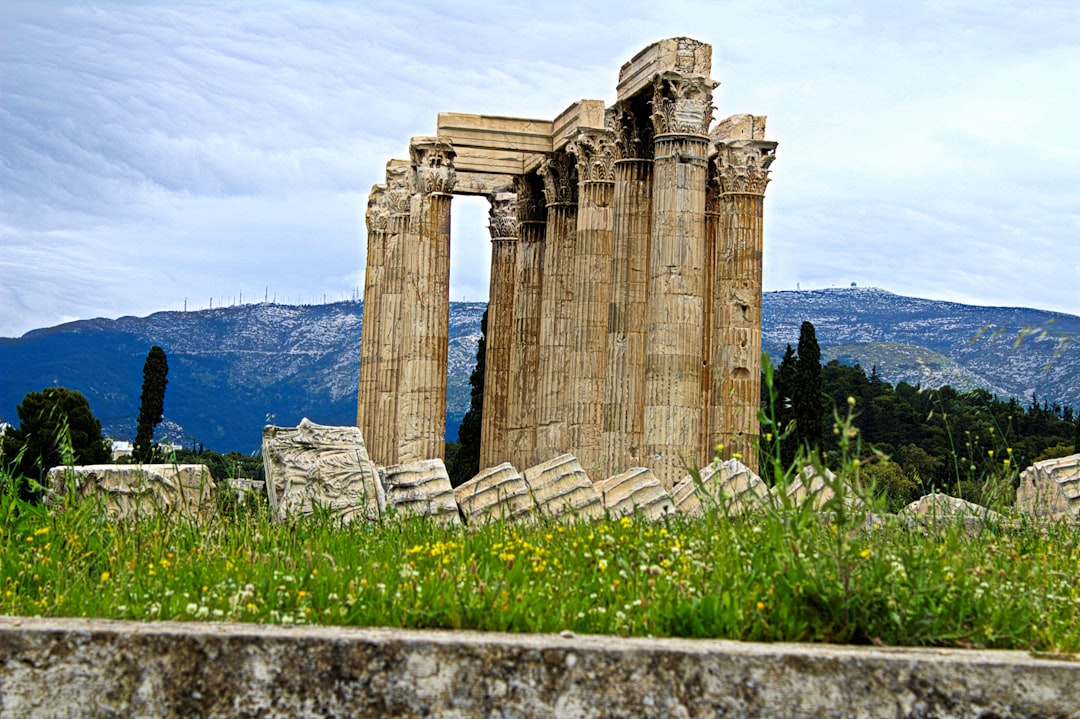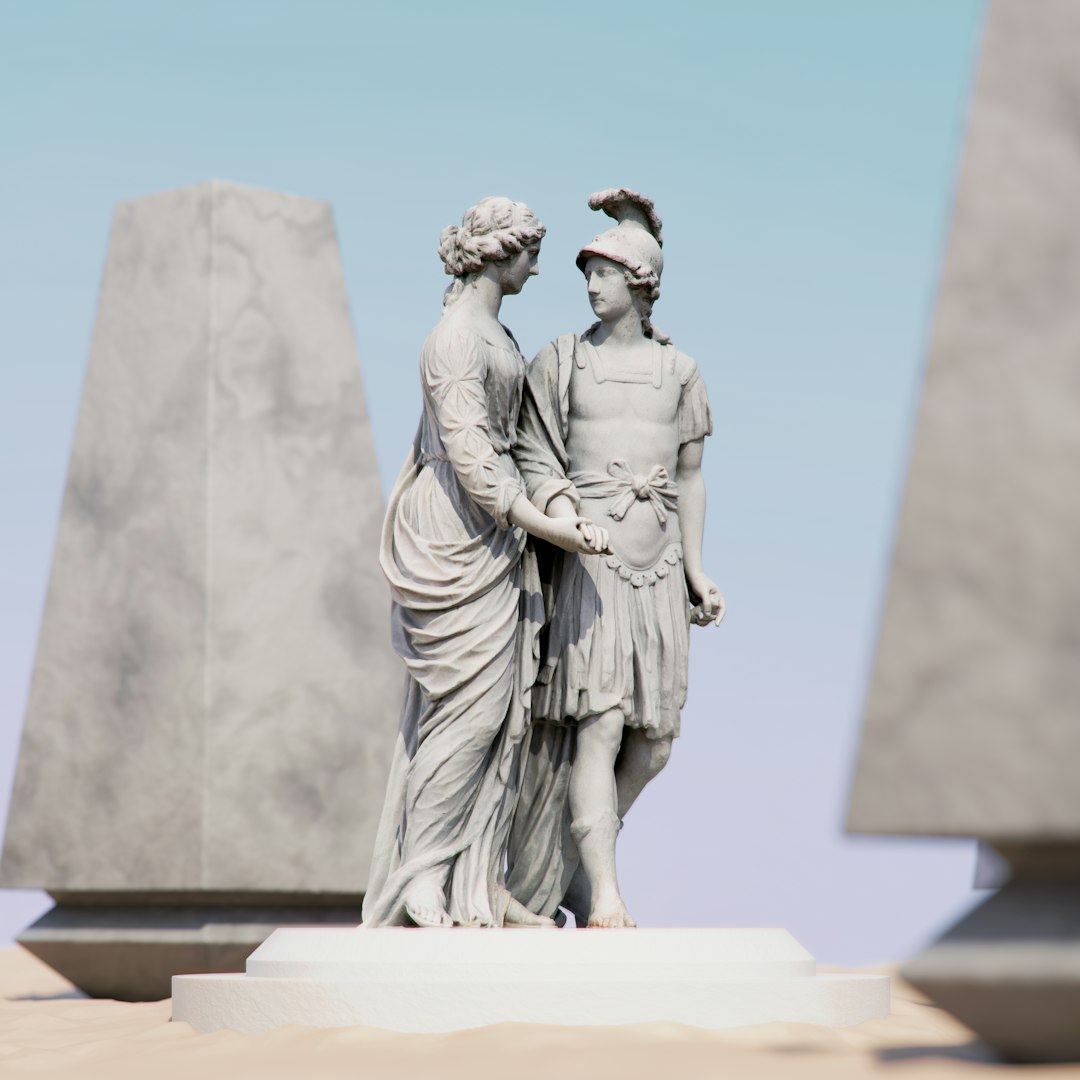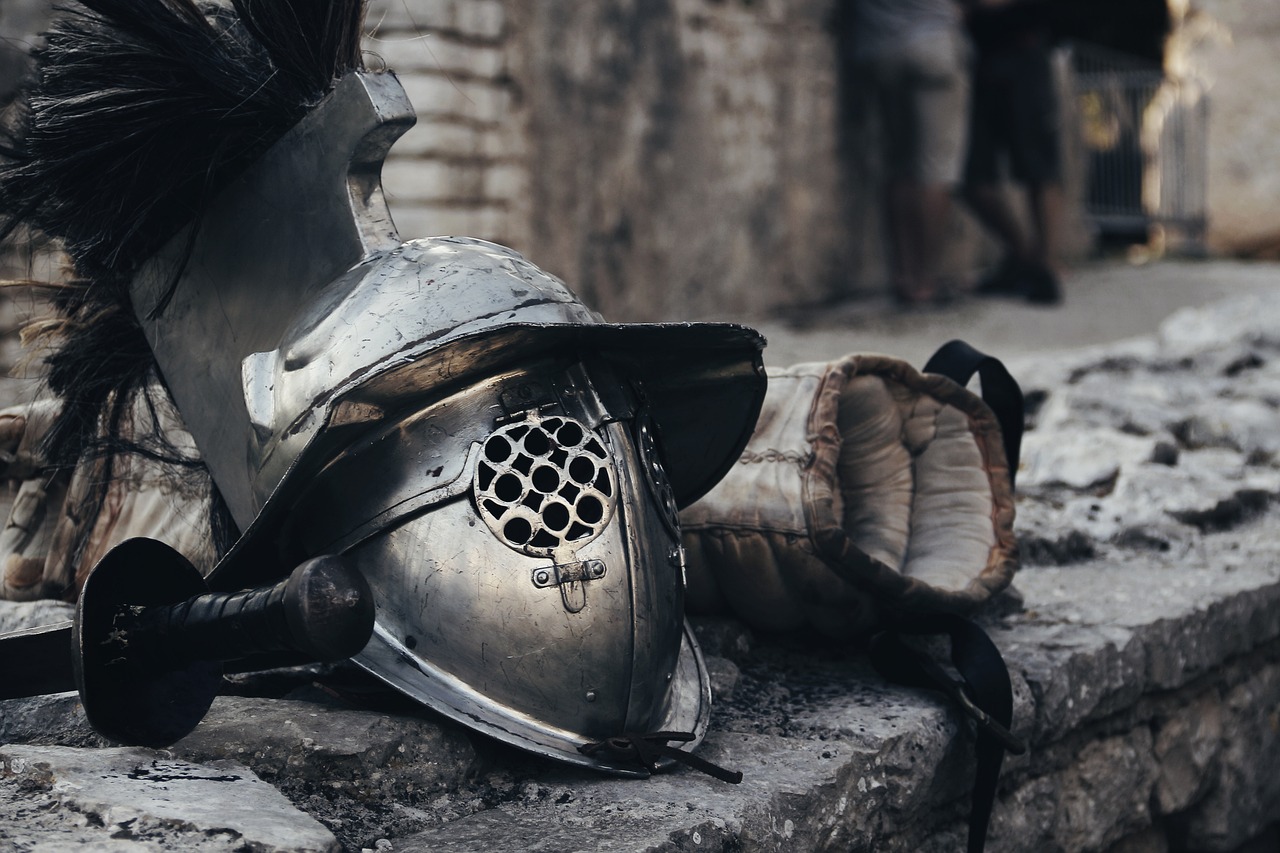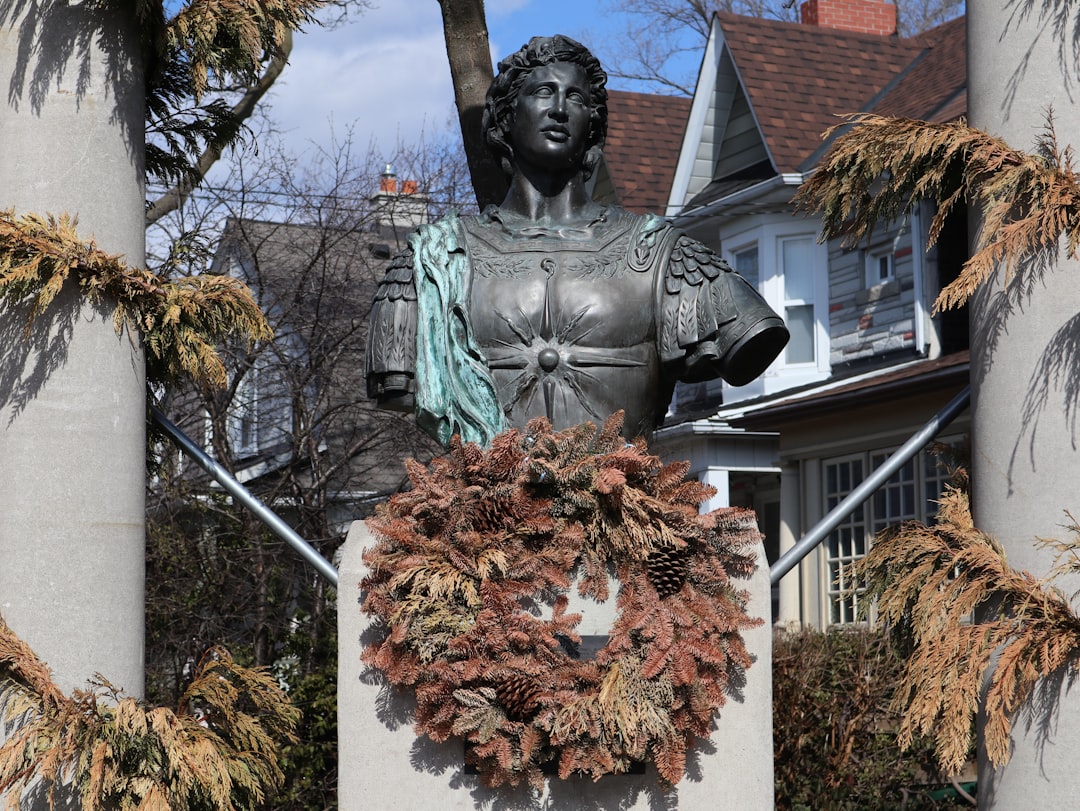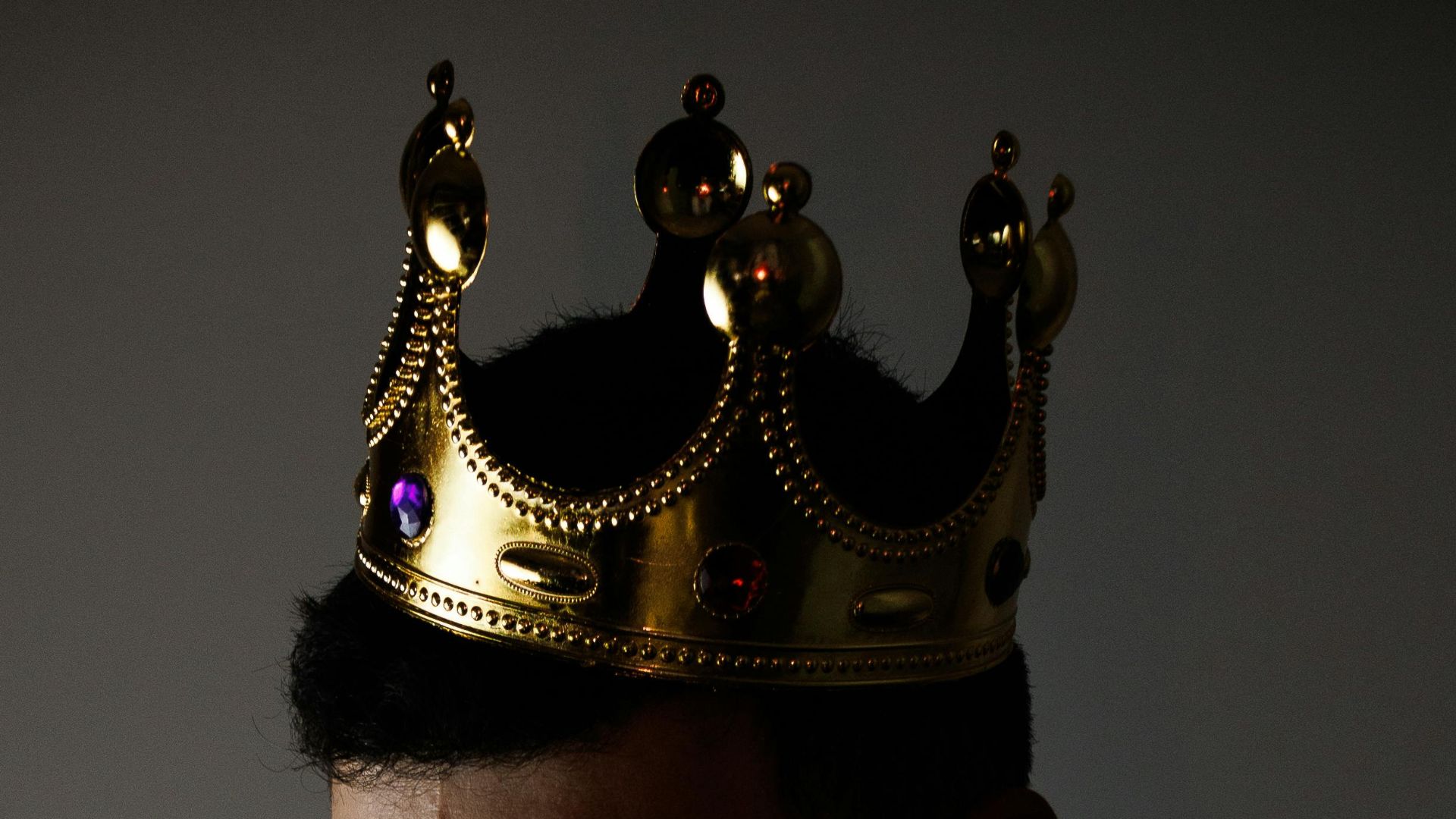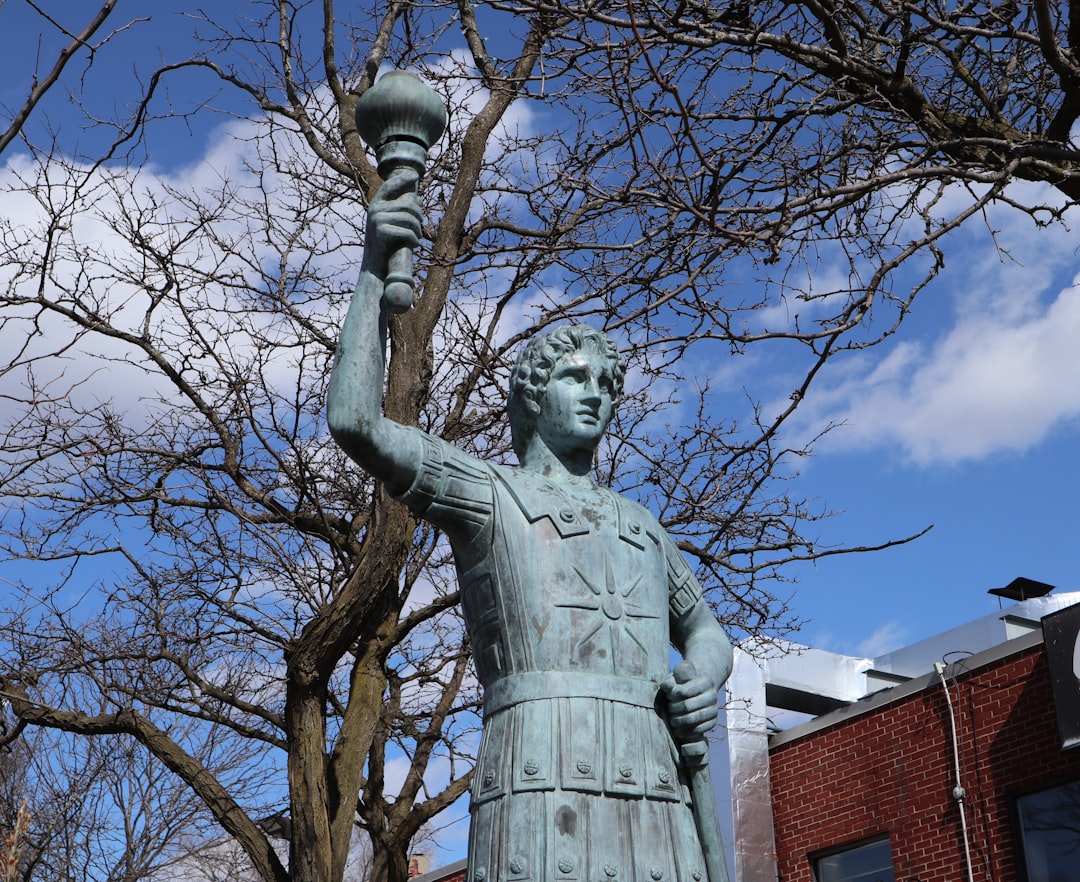The 10 Greatest Feats Of Alexander The Great & The 10 Worst Things He Did
With Great Responsibility
Alexander the Great held immense power over his empire, spanning from the coasts of Greece to parts of India. Despite the greatness attributed to his name, Alexander did both good and bad things in the grand scheme of history. With that in mind, here are 20 of his most notable contributions.
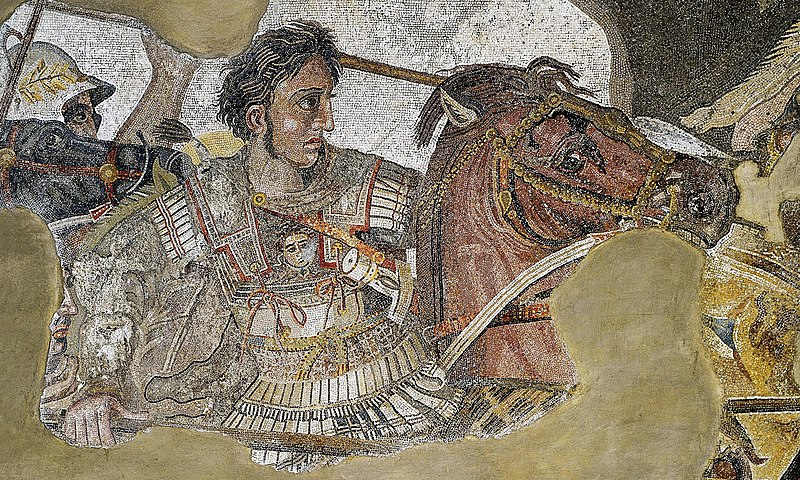 Photo by Unknown Author on Wikimedia Commons
Photo by Unknown Author on Wikimedia Commons
1. Empire Expansion
The most impressive accomplishment of Alexander the Great was undoubtedly his work establishing a vast empire. He was a tactical marvel, bringing the world together in a way it had never been before.
2. Great Cities
Throughout his campaign, Alexander also founded numerous impressive cities, including the famous Alexandria. Alexandria, specifically, was built on the Egyptian coast and became a hub for scholarship and scientific discovery.
3. Cultural Blending
Through his campaigns and conquests, Alexander brought people of all sorts of cultures together. He was very eager to do this and encouraged interregional marriages, even adopting the customs and religious traditions of other groups.
4. Military Strategist
Alexander’s military expertise not only led to most of his success, but it has also left most of the world impressed. For example, Alexander innovated his father’s phalanx formation and used it in wars to secure victories.
5. Geographic Exploration
Not only was Alexander exploring and conquering various lands, but he was also encouraging further advancements. He often commissioned detailed maps and was curious to understand the various plants and regions he encountered.
6. Religious Mingling
Alexander was accepting of other religions and encouraged inter-religious communities. He often fused Greek culture with the traditions of other groups to foster tolerance and unity. In ancient times, this was a new and unique occurrence.
7. Invested in Sciences
Alexander the Great had an immense interest in the sciences, and through his explorations, he encouraged research into the wildlife and flora of various areas. This led to numerous studies in both India and the Persian Empire.
8. Greek Unity
Not only was Alexander fostering unity across the Middle East and South Asia, but he was also establishing it back home in Greece. He helped unite different Greek cities and strengthened ties throughout the country, forming a mini-empire of his own.
9. Temple Funding
Alexander the Great made numerous donations for the building of temples across his conquered lands, including new temples in Turkey, Sarapis, and Antioch, to name a few. These temples were beautiful architectural feats and showcased his devotion to religion and culture.
10. Creating Cohesion
Overall, Alexander the Great facilitated cohesion among the communities he created. He showed people of differing faiths and beliefs how to live together. His empire stands out as a remarkable example of what an ancient multicultural society looked like, which was rather modern given the context.
Despite his positive influence, Alexander shared many of the same vices as other conquerors. It comes as no surprise that he is responsible for many horrible things as well. With that in mind, here are 10 of the worst things he did.
1. Destroyed Thebes
Thebes was a Greek city known for rebelling against Alexander’s push for unity. In response, he ordered his troops to decimate the city, leaving char and rubble in his wake. This served as a message to anyone else who dared disobey him.
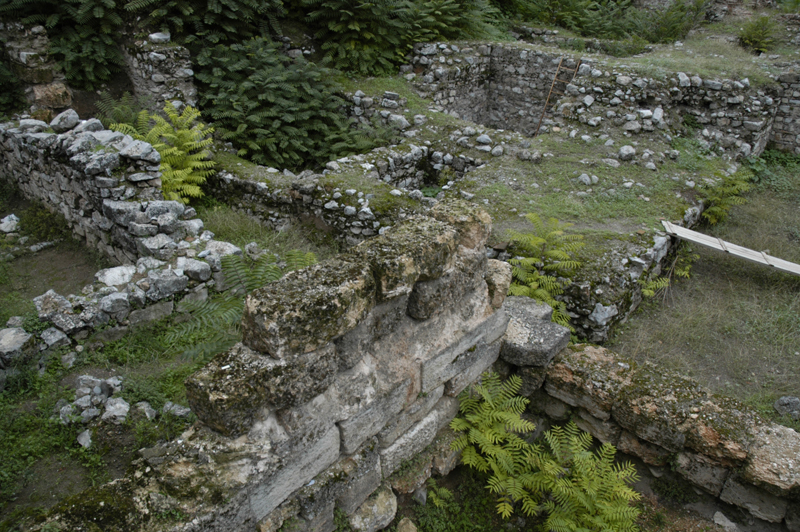 J. Matthew Harrington on Wikimedia
J. Matthew Harrington on Wikimedia
2. Warmongering
Conquering is impossible without aggression, and Alexander the Great was known to be quite a warmonger. He would drag his troops tirelessly across lands, ignoring discontent as he pushed for more and more territory.
3. Forced Assimilation
Although Alexander fostered cohesion, this would often be forced if people were unwilling. For instance, he pressured locals to adopt Hellenistic values and languages. Speaking Greek was expected, no matter a person’s origin.
4. Aornos in India
When it came to conquering India, it proved no easy feat. This led Alexander to act brutally during his siege of Aornos. He was quick to dispatch locals and troops, leaving a grim scene in his wake.
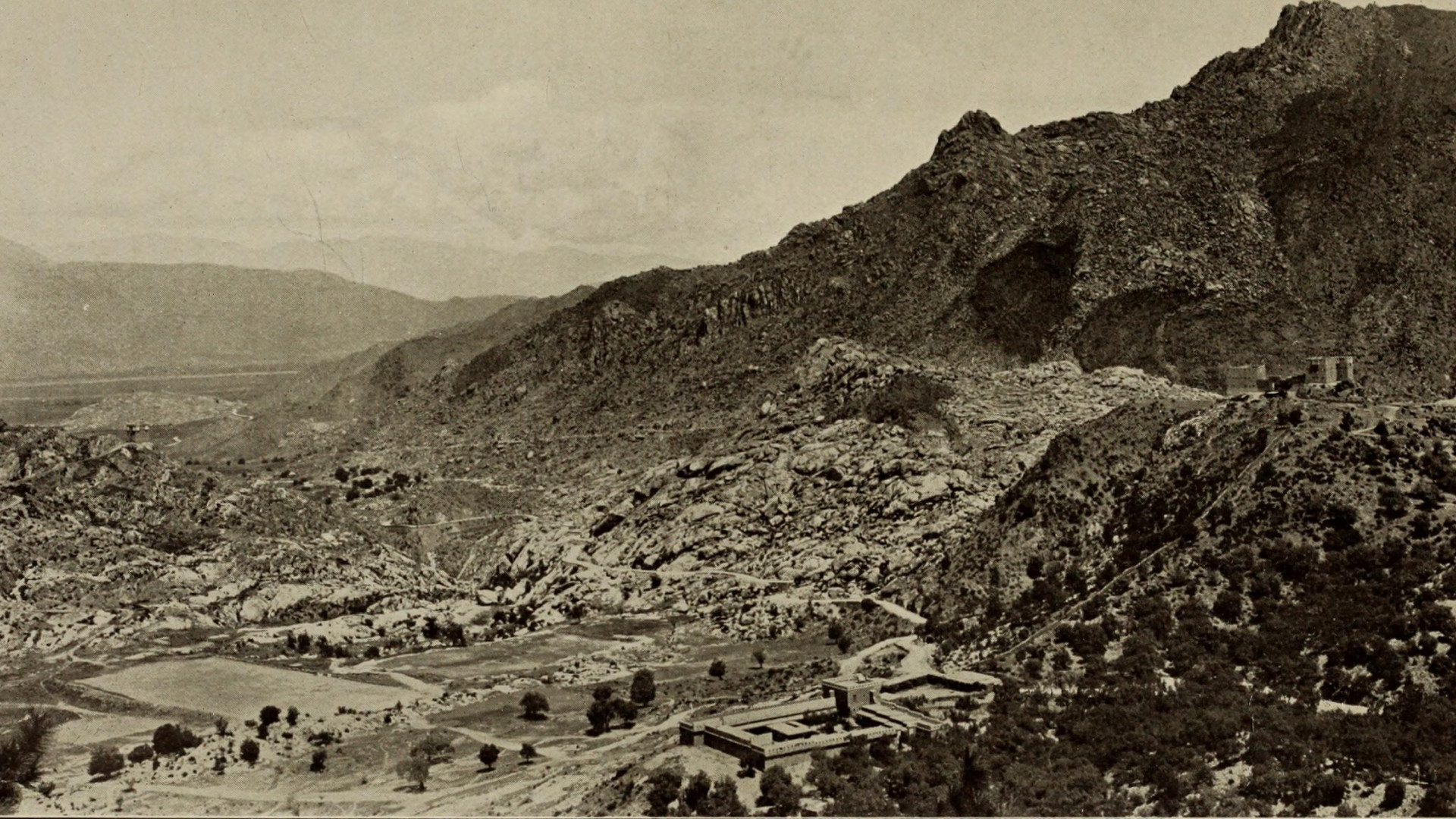 Stein, Aurel, Sir, 1862-1943; Archaeological Survey of India on Wikimedia
Stein, Aurel, Sir, 1862-1943; Archaeological Survey of India on Wikimedia
5. Political Rivalry
Like most conquerors, Alexander had no patience for political rivals. Those who argued against his rule were quickly apprehended. There was no room for democracy in Alexander’s kingdom.
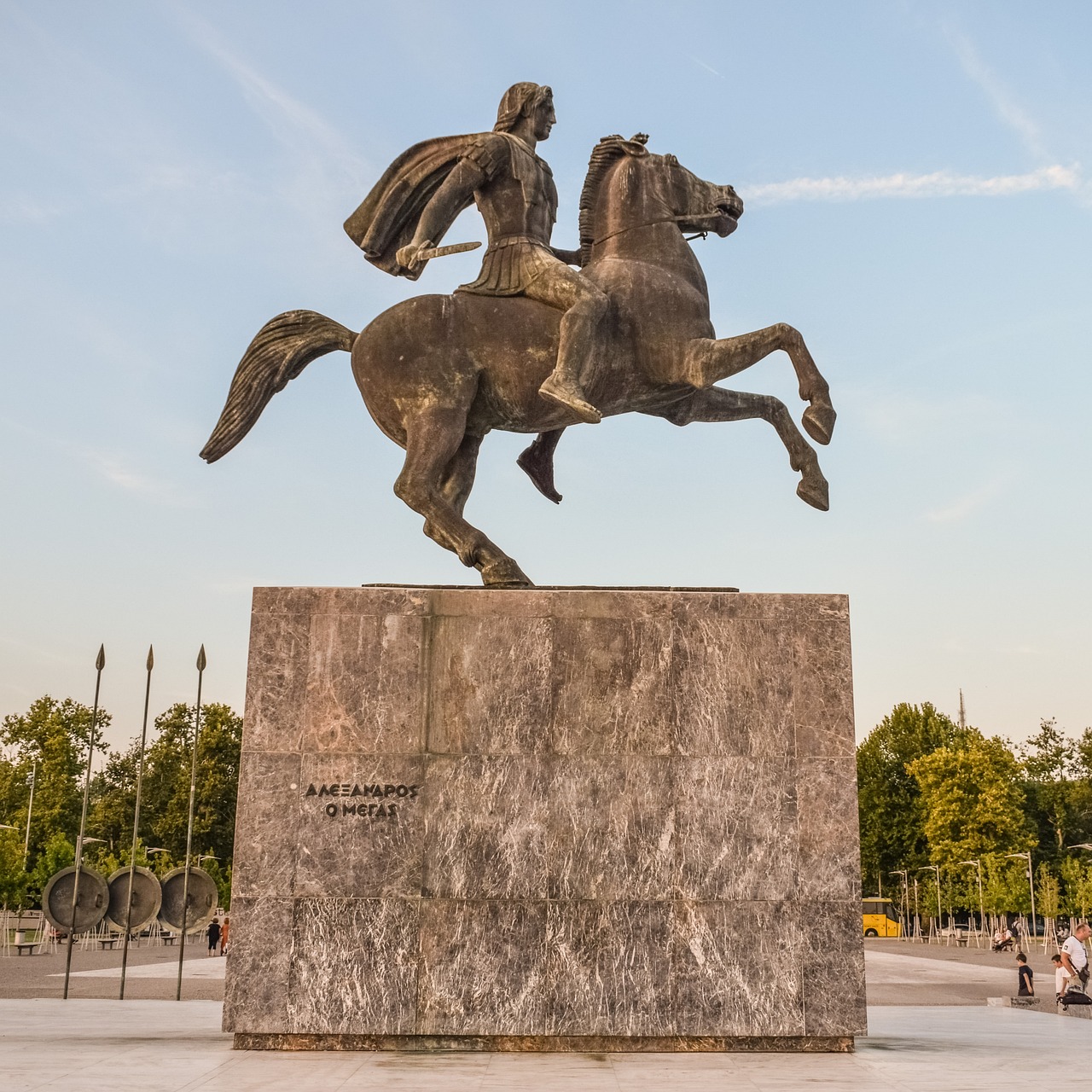 dimitrisvetsikas1969 on Pixabay
dimitrisvetsikas1969 on Pixabay
6. Conspiracy Culling
Similar to rivals, Alexander had a dislike for conspirators. Those who spoke poorly of him and spread distrust in his inner circle were considered treasonous, and he dealt out severe punishments.
7. Forced Marriages
In an attempt to force people to integrate, Alexander the Great required many of his soldiers to marry local Persian women. Most of the soldiers thought this a disservice to their Hellenistic values but had no choice in the matter.
8. Destroyed Regions
Throughout his campaign, many natural landmarks were left devastated and destroyed. After being trampled by thousands of troops, fields were left muddied, while forests became battlegrounds.
9. Hoarding Power
Whether he was greedy for power or simply thought himself immortal, Alexander the Great left no clear successor. This made it difficult for his empire to stay stable after his passing, leading to messy rivalries and political in-fighting.
10. God Complex
Perhaps Alexander had the right to think of himself as godlike after conquering a significant chunk of the world. But with his egocentric behavior came alcoholic rages and abuses of power. At the end of the day, depending on who you ask, Alexander was as much a tyrant as he was a leader.
KEEP ON READING

1 Weird Fact About Every President
Washington, Lincoln, FDR. Most people know something about the lives…
By Robbie Woods Dec 3, 2024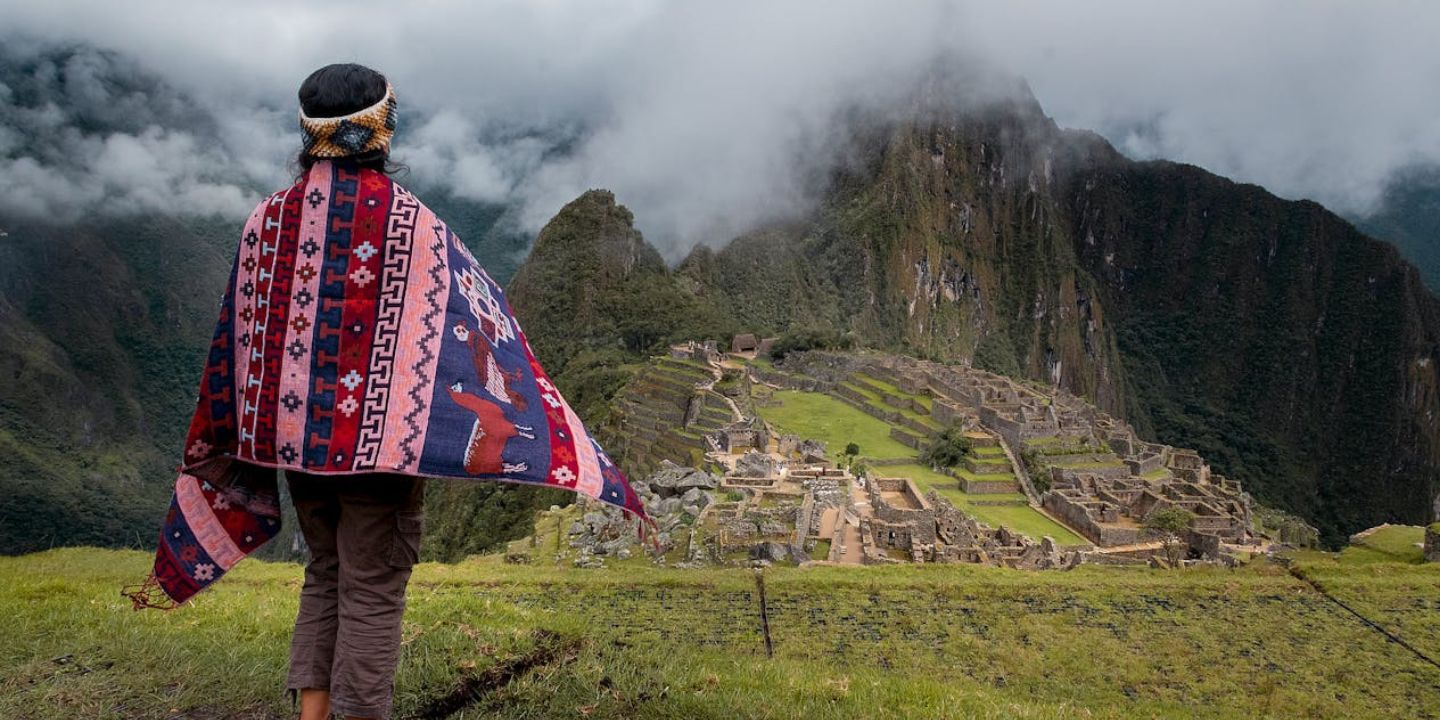
10 Cool Facts About Machu Picchu & 10 Reasons Why…
Why Do We All Want To See Machu Picchu?Machu Picchu…
By Megan Wickens Nov 23, 2024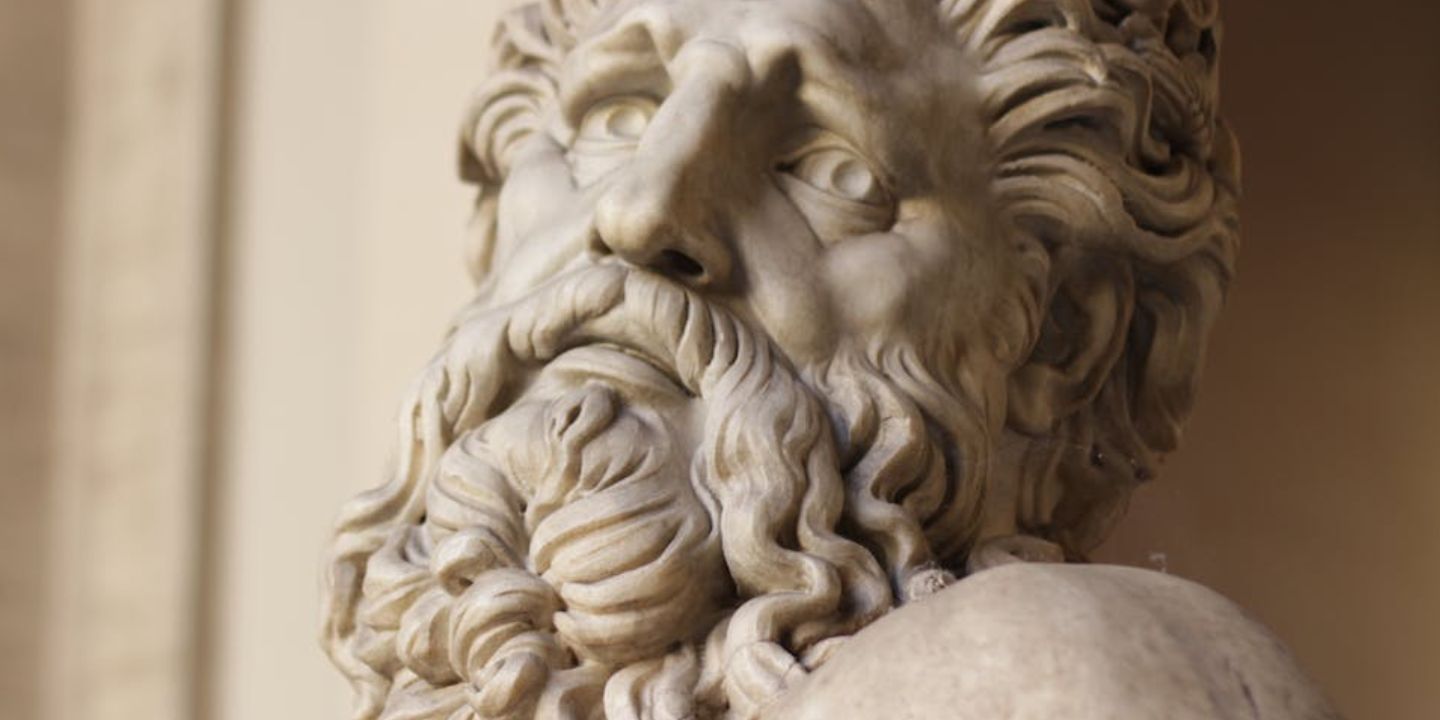
10 Fascinating Facts About Ancient Greece You Can Appreciate &…
Once Upon A Time Lived Some Ancient Weirdos...Greece is an…
By Megan Wickens Dec 7, 2024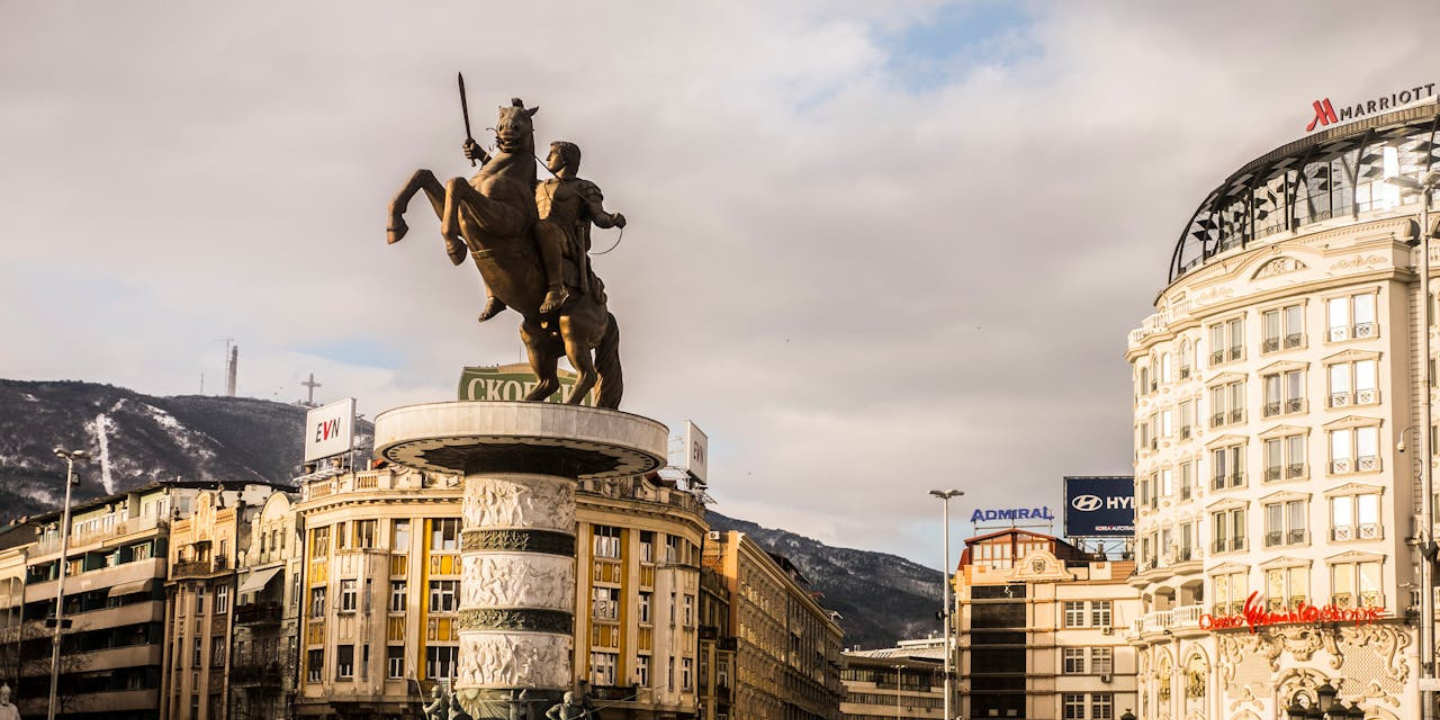
The 10 Greatest Feats Of Alexander The Great & The…
With Great ResponsibilityAlexander the Great held immense power over his…
By Farva Ivkovic Nov 30, 2024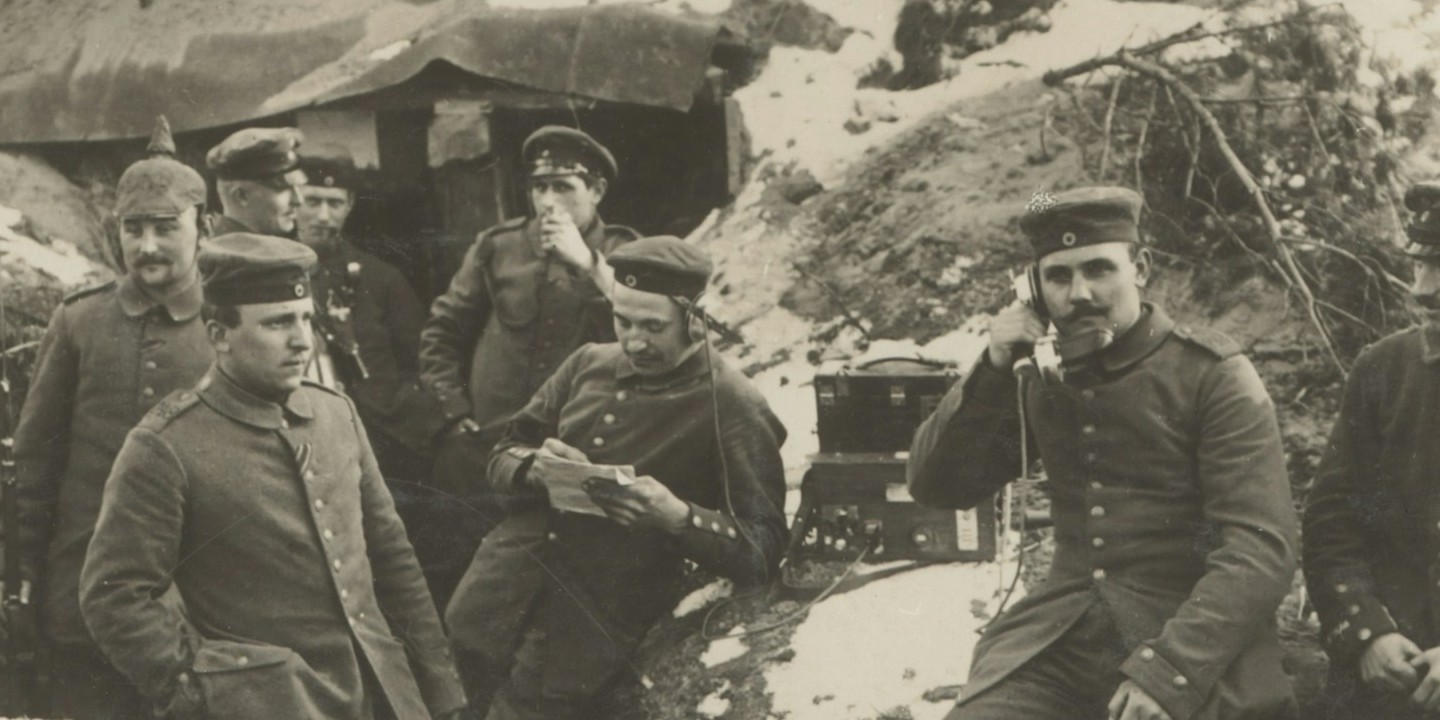
10 Hidden Facts About World War I That'll Shock You…
Incredible Facts About the Great War You undoubtedly know the basics…
By Maria Cruz Dec 6, 2024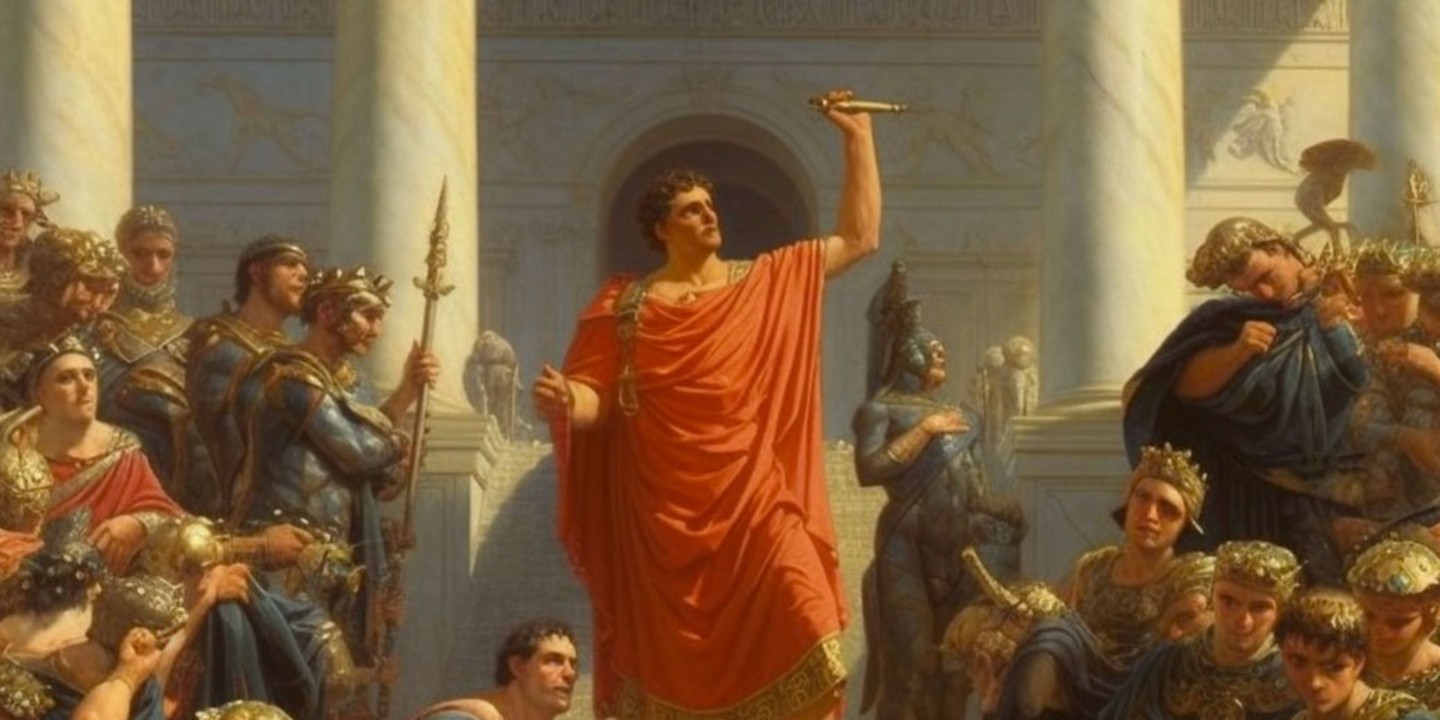
10 Historical Villains Who Weren't THAT Bad
Sometimes people end up getting a worse reputation than they…
By Robbie Woods Dec 3, 2024


